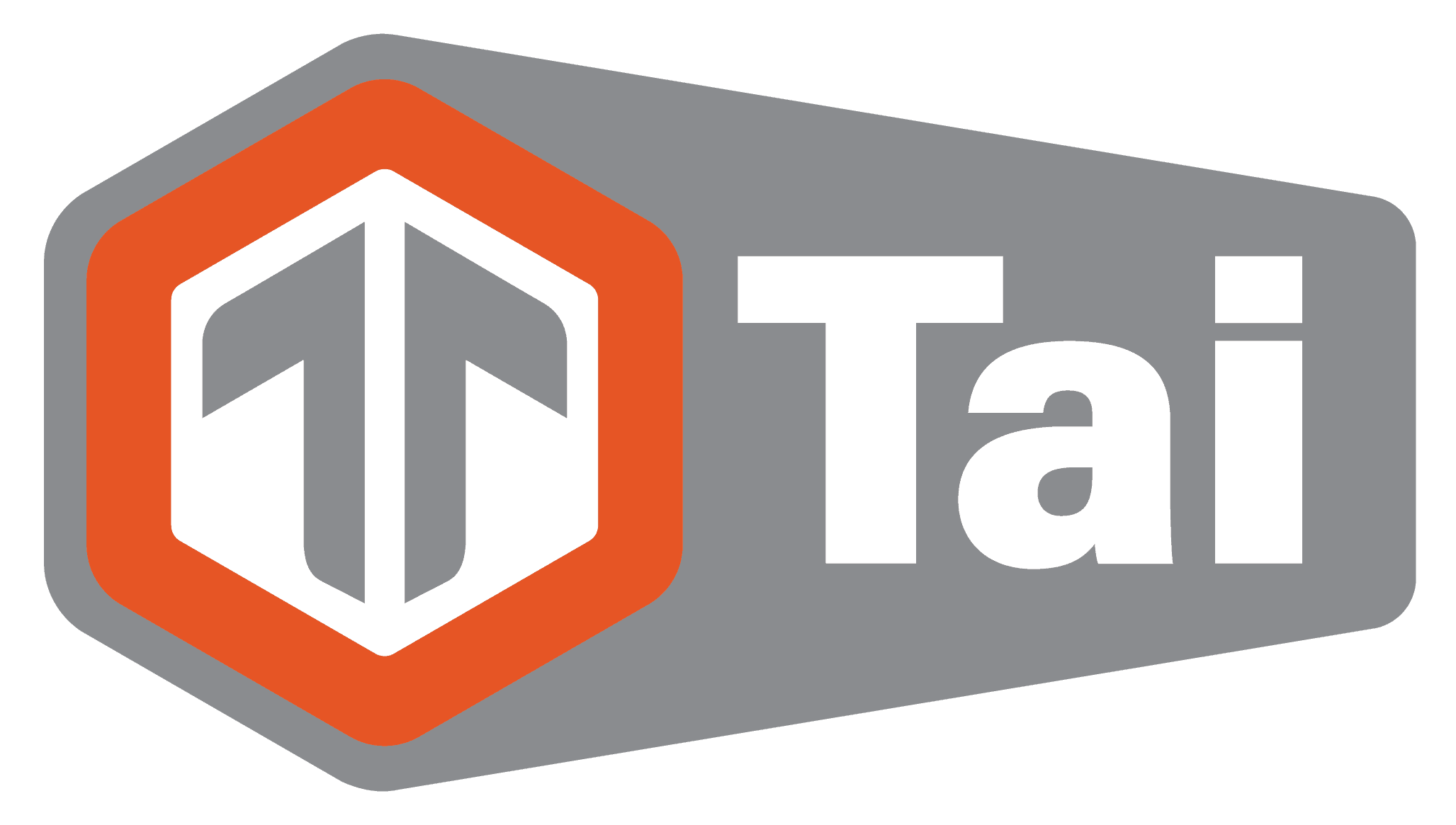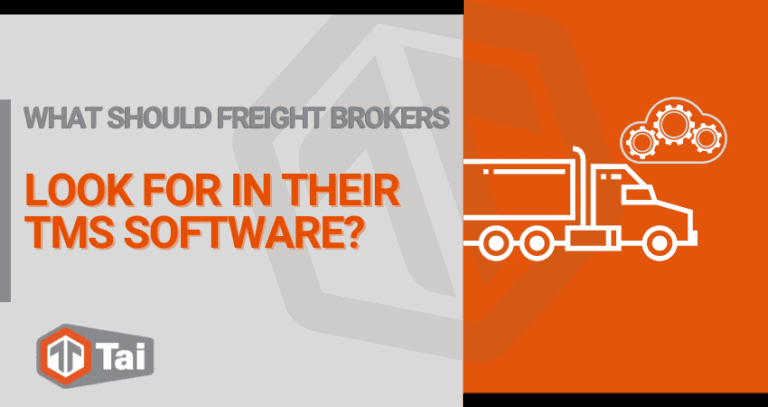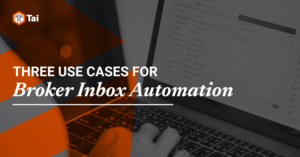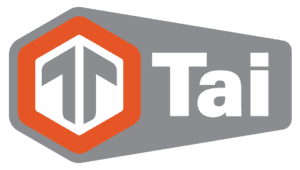Freight brokers are a major aspect in the business world, who make sure that cargo is delivered on time and without any issues. Freight brokers need TMS software that will help them increase their efficiency and provide a return on investment for the freight brokerage. TMS software needs to be able to do everything from order tracking, customer service, and accounting in one place. Before choosing any TMS software, freight brokers must ensure that it includes a variety of TMS capabilities in order to maximize its use and get the most out of it.
And while there’s a multitude of freight broker software out there, each with its features and capabilities, the right one should allow users to enter loads. It should also be able to source and qualify carriers, dispatch drivers, invoice customers, pay carriers, and more.
TMS software should allow the freight brokerage business to handle many, if not all, tasks in managing their company. That may include truck dispatch, driver billing/payroll, route planning, GPS tracking of vehicles, and more.
Consider the different types of TMS software that will cater to your needs. For example, for a small organization of freight brokers who are only responsible for facilitating one shipment between two manufacturers (and not considering many other points), there may be less need to dedicate resources or features towards procurement management.
What Will The Right TMS Software Do For Your Freight Brokerage Operation?
Freight brokers have an essential role to play in the transportation supply chain. Any time a shipper is looking to outsource their logistics operations, freight brokers are there to help.
The TMS freight broker software should have the right features including access to various carriers, detailed cargo tracking and reporting tools for load pickups, and delivery status updates. That being said, there are several reasons why businesses might need something more freight industry-specific than traditional TMS.
A freight brokerage company will have the opportunity to save time, money, and resources for its clients. In other words, it will act as an outsourced shipping department for companies by providing them with value in the form of business cost savings.
It’s for this reason why the TMS freight broker software should not only cover TMS features but also customer-specific needs. That said, there are several common features that all freight broker-specific TMS systems need to have. Among these, we can include the following:
Matching Specific Freight to the Right Carriers
One of the most important TMS features that freight brokers need to look out for is the ability to match specific freight with carriers. Aside from basic freight matching, the TMS software also needs to be able to identify which carrier will offer the most cost-effective solution for a given shipment or modes of transportation and provide an accurate estimate of delivery times and costs associated with each option.
A TMS system should also allow freight brokers to set up their preferred shipping options and carriers. If they need to ship refrigerated freight, for instance, the TMS platform should be able to consider the needs of the shipment and present only carriers that offer refrigerated trucks.
The TMS freight brokerage software should also be flexible enough to allow for real-time rate shopping and accommodate last-minute requests from shippers who need their cargo picked up within a matter of hours.
Carrier Pricing Comparisons
The TMS freight broker software should provide access to carrier pricing comparisons, including fuel surcharges and other rate adjustments.
Freight brokers need to be able to compare prices so that they’re always getting the best available deal for their customers – even if this means shipping with a less popular carrier at times because it will offer rates that are better than the alternative.
In addition, the TMS freight broker software should allow for more than just a simple price comparison. It’s also necessary to have access to carrier information such as operating guidelines and hours of service. The TMS freight broker software should also provide real-time carrier rates constantly updated throughout each day or week.
Automation Capabilities
TMS freight brokerage software should also be able to automate many of the day-to-day tasks associated with managing a logistics business.
For instance, most transportation management software comes equipped with automated functions like shipment creation and tracking; these are features that make life easier for busy brokers who don’t have time to worry about minor tasks.
In addition, TMS freight broker software should come equipped with its own electronic document management system that can be accessed from any device. This helps manage the work efficiently and is especially handy when a professional freight broker needs access to documents or reports while on location at an airport terminal, for example.
The TMS freight management software should also track and integrate with the TMS of customers, vendors, carriers, and trucking companies.
Integrate with Load Boards
Another essential transportation management software feature that’s important is integrating with load boards and other freight brokerage software. The majority of freight brokers will have to use load boards such as DAT, TruckStop.com, LoadSmart, or 123LoadBoard, among others. Such a freight board acts as an online marketplace where freight brokers can find loads from competing carriers.
TMS freight broker software should be able to integrate with these load boards and other common freight brokerage operations such as FTL load booking and trucking freight rate quotes – all of which are a part of the lifeblood for any successful freight broker business. This will allow brokers to source their load coverage from a single platform and update their listings across multiple load boards as necessary and from a single, centralized location.
Direct Carrier Integration
Direct carrier integrations are TMS features that allow freight brokers to have access to carriers’ systems from their own TMS. Freight brokers need to match pricing and availability data with carriers to make informed decisions on what is best suited for their customer needs. The connection can be made through an application programming interface (API) and electronic data interchange (EDI) integrations.
This TMS freight broker software is crucial because it can provide access to the full range of carrier data, including rate quotes and customer information. It also provides a way for freight brokers to update their customers on delivery status without manually logging in or making phone calls.
Moreover, this TMS freight brokerage software will allow them to communicate with carriers and other TMS freight brokers through email, phone, or SMS.
The TMS should also support EDI integration because this will allow them to send and receive shipments electronically instead of via faxes or paper copies that are inefficient. This is necessary because it provides a secure connection between the two parties involved in the transaction.
Great Customer Support
Another TMS freight broker software feature to look for is excellent customer support. What good is a TMS if you can’t get help setting it up or troubleshooting an issue?
This TMS freight broker software feature is vital because it will allow brokers to quickly self-diagnose and fix most common problems independently without having to contact customer support for assistance. The TMS should also have a user manual that’s easy to read and comprehensive to answer any questions.
The TMS freight broker software should also have a user forum and other community features. They will allow brokers to share knowledge, tips, tricks, solutions, ideas for improvements – all in the hopes of creating a better TMS freight broker system that’s tailored specifically to their needs.
This TMS freight broker software feature is important because it will allow freight brokers to find solutions and creative ideas that may not have been thought of by TMS developers.
Additionally, customer support when choosing a transportation management system is critical in helping you set up and learn to use the new software. You should always consult the vendor regarding their onboarding process and how they will guide you through any of the issues that may arise. It would be best if you also asked them about any tools and self-education resources available.
Conclusion
With LTL freight brokers becoming more common than they have ever been, the best TMS software should be focused on scalability. The simplest way to grow their business in a fiercely competitive marketplace would be by utilizing direct carrier integrations. It streamlines the shipment lifecycle, which is what LTL freight brokers need to get ahead of their competitors.
To be successful, an FTL freight broker needs a central platform that can manage their entire workflow by creating loads and sourcing coverage with carriers. The software should also have the ability to sort carriers based on carrier preference to create more effective freight quotes. Load boards should directly integrate so that brokers can post loads from a single page.
Locating a software package that will provide your company with the ability to grow its operations and stay competitive in today’s changing market is not an easy task. Tai Software is the TMS of choice for transportation brokers looking to efficiently scale their business. It uses AI and cloud technology to provide efficient, automated shipping and accounting processes that are both user-friendly and robust enough to accommodate growth in a competitive marketplace.
Tai Software provides unlimited data variables for companies and freight brokers looking to increase their efficiency. The best TMS software will address all aspects of the shipment lifecycle, making it a great fit for freight brokers and 3PLs, and shippers of all sizes. Along with its comprehensive feature set, this software is also an affordable solution that provides a high ROI to businesses of all sizes.










